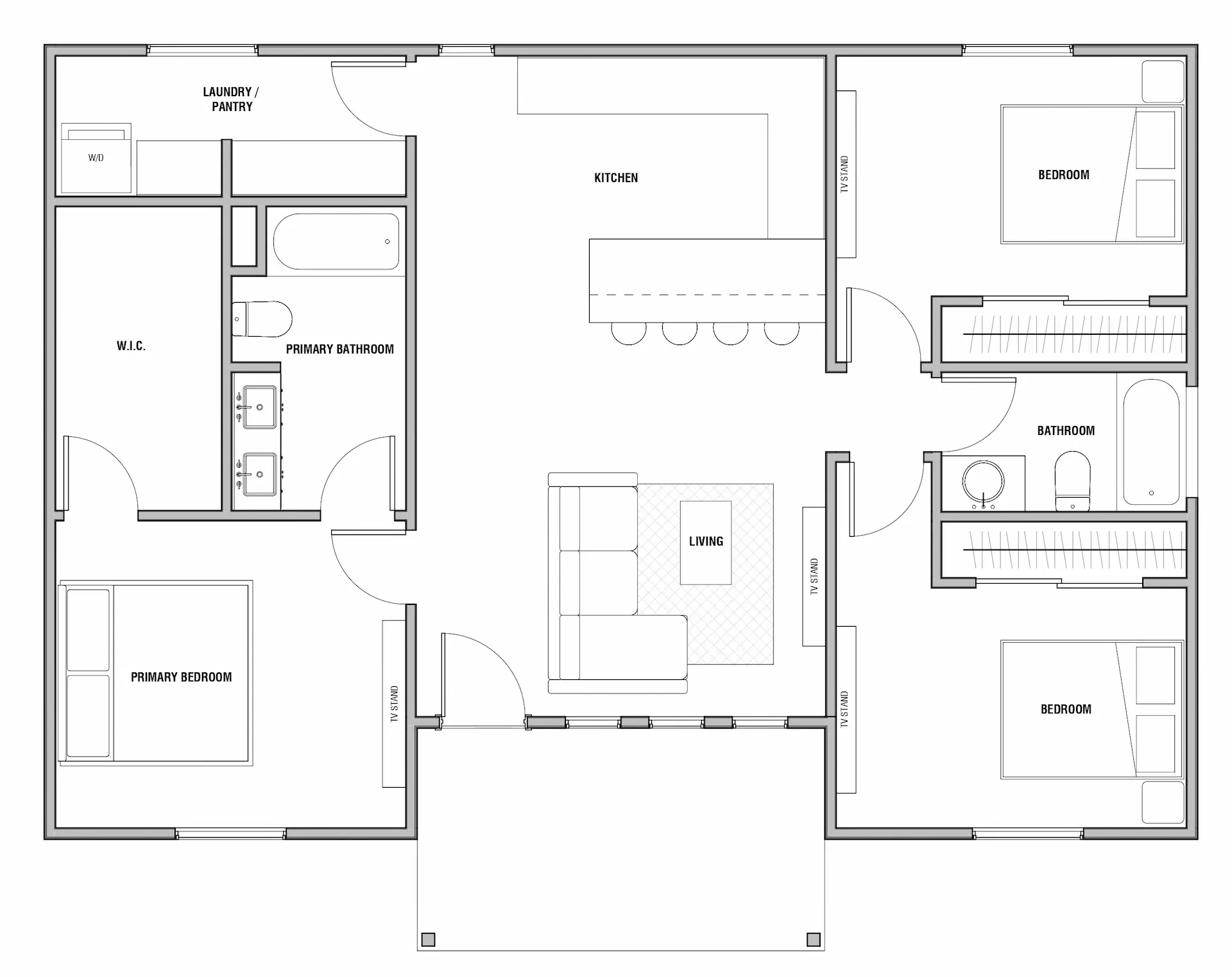Financing an Accessory Dwelling Unit (ADU) in Boston requires understanding a diverse landscape of funding options, each with distinct advantages, requirements, and implications for your project timeline and budget. With construction costs ranging from $150,000 to $400,000 for most Boston ADUs, selecting the right financing strategy can significantly impact both your immediate cash flow and long-term return on investment. This comprehensive guide explores every available financing option, helping you make informed decisions that align with your financial situation and project goals.
Understanding ADU Financing Fundamentals
ADU financing differs from traditional home improvement loans because lenders increasingly recognize these projects as income-generating investments rather than simple renovations. This shift has created new opportunities for favorable financing terms, especially for well-planned projects in strong rental markets like Boston.
Key Factors Affecting Financing Options
- Current Property Equity: Most financing options require substantial equity in your primary property
- Credit Score and Financial History: Better scores unlock lower rates and more options
- Projected Rental Income: Lenders consider potential ADU income in qualification calculations
- Construction Timeline: Different loans work better for different project schedules
- Exit Strategy: Whether you plan to rent, sell, or use for family affects optimal financing choice
Traditional Financing Options
Home Equity Line of Credit (HELOC)
HELOCs represent the most popular financing choice for Boston ADU projects, offering flexibility and competitive rates for homeowners with substantial equity.
How HELOCs Work for ADUs
- Credit line based on 80-90% of home value minus existing mortgage
- Draw period (typically 10 years) for accessing funds as needed
- Interest-only payments during draw period
- Repayment period (typically 20 years) with principal and interest payments
- Variable interest rates tied to prime rate
Specialized ADU Financing Products
ADU-Specific Lenders
A growing number of lenders offer financing products designed specifically for accessory dwelling unit construction, recognizing the unique characteristics and income potential of these projects.
Specialized Lender Advantages
- Underwriting considers projected rental income
- Streamlined approval processes for ADU projects
- Flexible terms matching construction timelines
- Experience with ADU-specific challenges and opportunities
- Professional networks including contractors and designers
Successfully financing a Boston ADU requires careful planning, thorough research, and often professional guidance to navigate the complex landscape of available options. The key is matching your financing choice to your specific situation, project timeline, and long-term goals. With proper planning and the right financing structure, your ADU can become a valuable asset that provides both immediate rental income and long-term property appreciation.
Remember that financing markets and programs continue to evolve, with new products and incentives regularly becoming available. Working with experienced professionals who understand both ADU construction and financing can help you secure the best possible terms and ensure your project's financial success.
